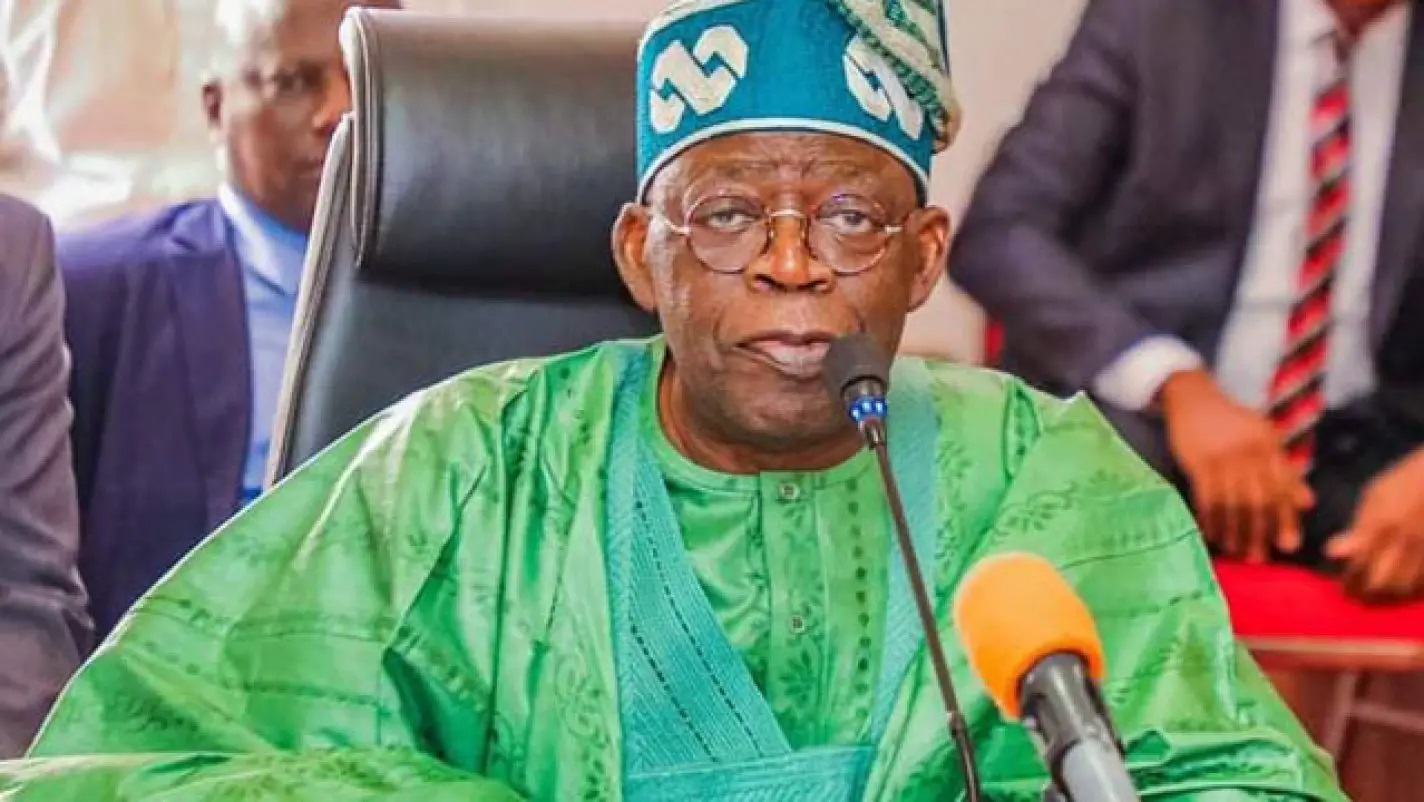Catholic bishops, ulama reject Samoa Agreement
The Catholic Bishops Conference of Nigeria (CBCN) and the Islamic Forum of Nigeria yesterday rejected the Samoa Agreement, asking the federal government to pull out from it. The CBCN urged the government to immediately propose amendments to the Samoa Agreement or withdraw from it, if such amendments were not accepted. The Islamic Forum of Nigeria, […]

President Bola Tinubu
The Catholic Bishops Conference of Nigeria (CBCN) and the Islamic Forum of Nigeria yesterday rejected the Samoa Agreement, asking the federal government to pull out from it.
The CBCN urged the government to immediately propose amendments to the Samoa Agreement or withdraw from it, if such amendments were not accepted.
The Islamic Forum of Nigeria, which met at its headquarters in Kano, said the agreement “is in conflict with political, economic, religious and cultural rights of Nigerians.”
The Catholic bishops, in a statement titled ‘Threats to the Sovereignty and Values of Nigeria in the Samoa Agreement’ and jointly signed by its president, who is also the Archbishop of Owerri, Lucius Iwejuru Ugorji, and the Secretary, who is the Bishop of Uromi, Donatus A. Ogun, said they were concerned that Nigeria’s civil authorities might not be fully aware of the implications of the nuanced language in the document.
- Samoa Agreement: NIPR raises committee of experts
- Supreme Court verdict: Local councils must now account for own actions – Tinubu
“We’re concerned that our civil authorities may not be fully aware of the implications of the nuanced language in the document, which threaten our national sovereignty and values,” the bishops said.
They said further that the agreement was the third edition of the Lomé Convention of 1975, as the first edition was originally a trade and aid agreement between the European Economic Community (EEC) as it was then (with former colonial masters) and African, Caribbean and Pacific (ACP) states (former colonies).
They said the second edition was called the Cotonou Agreement as a treaty signed by the European Union and the ACP states in 2000.
“In international law, when the state signs a Treaty, it indicates its intention to be bound by it in the future, and it demonstrates its support for the principles and goals of the Treaty and its willingness to consider ratifying it in the future.
“Given the secrecy surrounding Nigeria’s signing of the Samoa Agreement, it is unclear whether the signature was tendered subject to ratification, acceptance or approval.
“Its signing makes Nigeria surrender its position as a persistent objector to the impugned language during negotiations in several international fora. Most of Africa has always counted on the leadership of Nigeria to contest anti-life, anti-family, anti-culture and anti-African values at the United Nations (UN).
“The African Bar Association, with headquarters in Nigeria, warned ACP countries to be cautious about the Samoa Agreement. (AfBA communiqués Niamey 2021, Lilongwe 2022, Pretoria, 2023)”, the bishops added.
Agreement in conflict with Nigerians’ rights–Muslim clerics
The Islamic Forum of Nigeria, on its part, asked the government to withdraw from the agreement.
The communique issued after the meeting, signed by Engr. Bashir Adamu Aliyu, said the forum rejects “any attempt to smuggle gay, lesbian and other immoral acts contained in the LGBTQ+ into our society.
“The meeting calls on the federal government to withdraw from the Samoa Agreement without further delay. The meeting advises the Federal and state governments to consult with the people on any important treaty that is related to their social, educational and religious life before signing the agreement.
“Parents and teachers should strictly observe moral upbringing of their children and be vigilant especially on what they watch on social media. It is important for the government to subject NGOs coming in to the country to scrutiny to ensure that they are not promoting LGBTQ+.
“People should fervently pray for divine intervention against all evil plots against the people,” the communique added.
Professor Shuaibu Zunnurain, who made a presentation at the meeting, alleged that though the LGBTQ were removed in the new draft, “terms like gender, reproductive rights were actually meant to protect LGBTQ+ and abortion rights.”
The professor of Law said the framers of the 1999 Constitution were sensitive enough to use the term sex instead of gender in Section 42 that deals with non-discrimination against persons on account of their sex, ethnicity or religion.
On his part, Professor Aminu Sagagi advised parents to be vigilant and take more than keen interest in what their children watch on social media, saying the plus sign in LGBTQ+ could mean something fundamentally contrary to morality.
Also speaking at that meeting, the immediate past chairman of the Christian Association of Nigeria (CAN), Kano State chapter, Adeyemo Samuel, said “gender equality also stands for lesbianism and homosexuality.”
JIBWIS raises c’ttee to examine pact
Meanwhile, the National Chairman of the Jama’atu Izalatil Bid’a Wa’iqamatis Sunnah (JIBWIS), Nigeria, Sheikh Abdullahi Bala Lau, in a statement yesterday, said he had established a strong professional committee of experts to review the Samoa Agreement to ensure it does not endorse LGBTQ practices under the guise of human rights.
“In Islam, the LGBTQ community is viewed through a lens of religious doctrine that strictly prohibits same-sex relationships. Islamic teachings, derived from the Qur’an and Sunnah of the Prophet Muhammad, emphasize traditional gender roles and heterosexual relationships as the foundation of family life.
“From a legal standpoint, Nigeria has stringent laws against LGBTQ activities. The same-sex marriage prohibition Act, enacted in 2014, during former President Jonathan’s administration, criminalises same-sex marriages and relationships, with severe penalties for those found in violation of the law,” Lau said.
He said Nigeria is a nation with diverse cultural and religious backgrounds where issues of human rights are often debated against the backdrop of national identity and values and that “the fear of LGBTQ practices being introduced through international agreements resonates with broader concerns about national sovereignty and the preservation of cultural and religious norms”.
